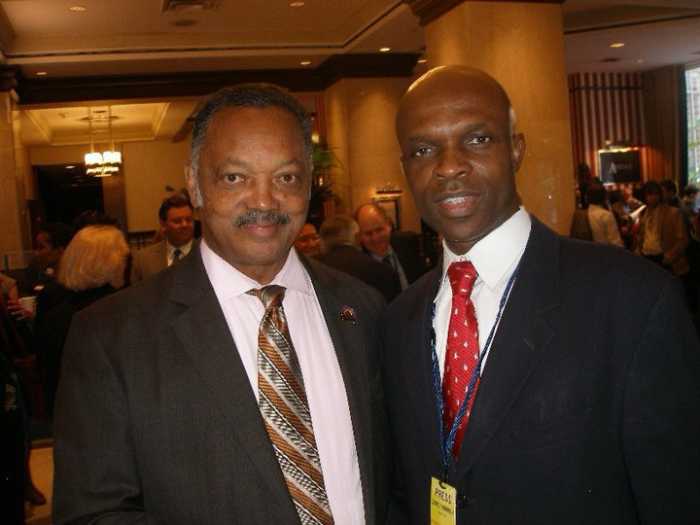APRIL ROSE
Why one teacher is reluctantly supporting the new contract
Like most of my colleagues, I joined the teaching profession to make a difference in children’s lives. Yet I find that the current conversation about education — and specifically the proposed teachers’ contract — is not always focused on what’s best for kids. Instead, the discussion has largely been about the money that comes with the new contract. That’s understandable as educators like me need to support our families, and we need to know that our profession is taken seriously. But I’d hate for anyone to walk away without a clear picture of teachers’ number one priority: our students. As a result, there are many important aspects of the contract beyond compensation that also deserve careful examination.
It has been over four years since our contact expired and over six years since we have had a chance to vote on a new contract. With this upcoming vote, we will be able to share our views about the items outlined in this proposed contract. That’s why I recently worked with a team of fellow teachers at Educators for Excellence – New York — a teacher-led organization that seeks to elevate the voices of classroom teachers in policy discussions — to give the contract an overall grade by creating a detailed report card. Our approach was to judge this deal against one where all stakeholders — parents, students, teachers and the City — would feel the goals of a good contract had been met.
After extensive review, we gave the contract a C. In my class, that’s a passing grade, and so I’ll be voting yes.
Let me start with the positives. When I first learned the details of the new contract, I was thrilled that those at the negotiating table shared many of the priorities that most teachers like myself have. This contract makes several positive steps toward recognizing teachers as professionals, which will in turn help students by keeping the best teachers in the classroom. The contract broke new ground by creating three teacher leadership positions that will provide opportunities for great educators to advance and take on additional responsibilities in our schools for additional compensation. There will be the first-ever bonuses for teachers working in hard-to-staff schools, which will help recruit and retain great teachers for the students who need them most. Additional professional development time has been incorporated into the day to provide educators with ongoing support and training. Finally, the contract includes retroactive pay and a base salary increase.
But there were many missed opportunities here, and the conversation can’t end with this vote. Tenure remains a complicated, often opaque process that is still unconnected to the new teacher evaluation system. The approach to class size was incomplete, as no changes were made. The contract also remains an incomprehensible and lengthy document that is inaccessible to teachers, parents and other stakeholders.
On the issue of performance pay we awarded a middling grade. Teachers deserve a comprehensive pay system that rewards excellence for all teachers, but what we got was a career ladder system that applies only to a small fraction of the teaching force. It’s a start, and while laudable, it is far from sufficient. Similarly, we found positive aspects in the Absent Teacher Reserve, but many questions remain unanswered.
A long-term contract like this one should have been an opportunity to look deeply into our school system, and see what needs to be changed to strengthen the profession and elevate student learning. On several issues, the United Federation of Teachers (UFT) and New York City have done just that. But our schools need great strides forward, not just baby steps.
So as I vote yes, it’s with the understanding that this contract isn’t perfect — it’s just the beginning of an effort to get one that is.
April Rose is a third-grade teacher at P.S. 132 and member of Educators for Excellence – New York.
RECOMMENDED STORIES
- Op-ed: Finding jobs in Queens
- Op-ed: New Inspector General has a tough job ahead
- Op-ed: Our children win with universal pre-K


































